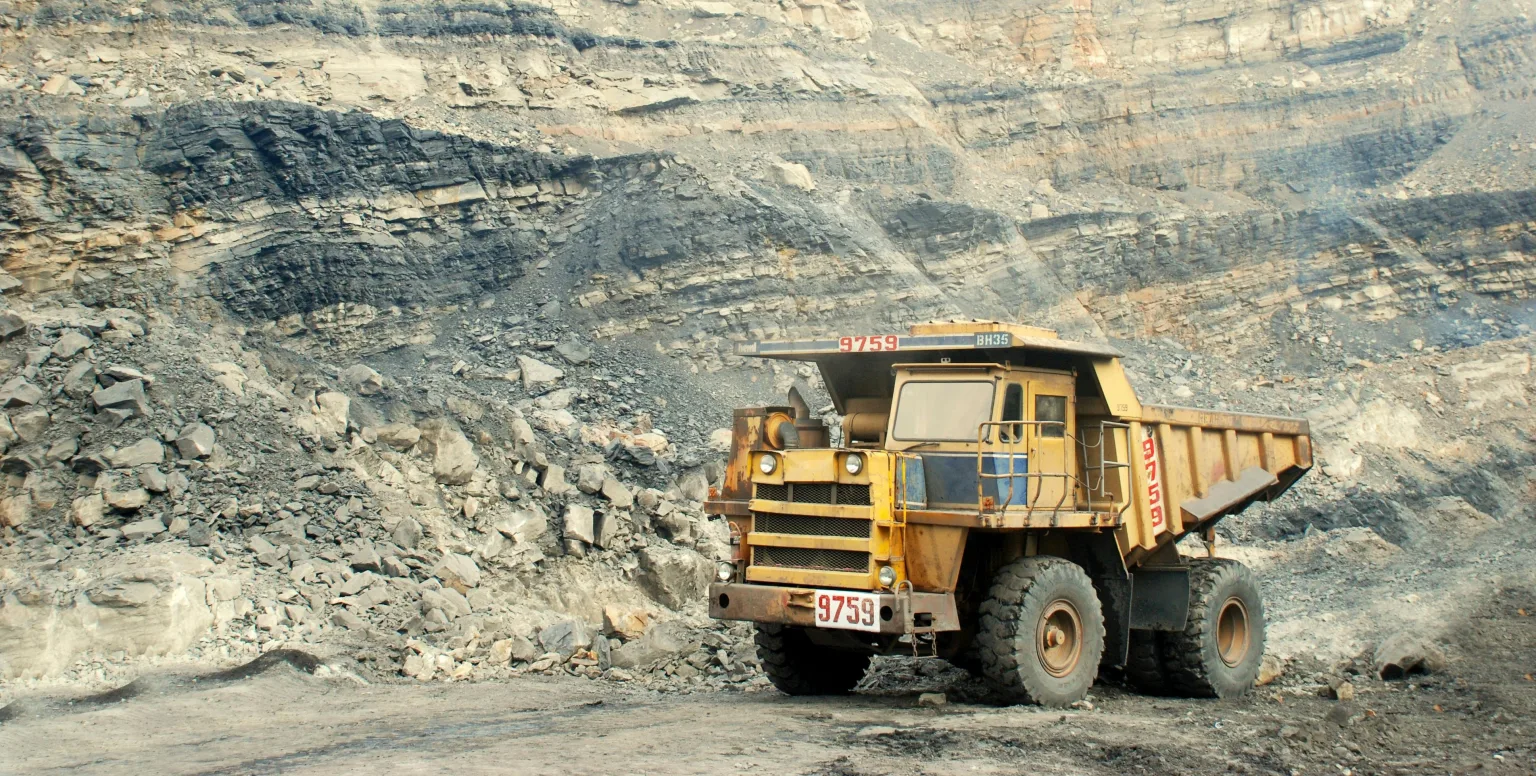
At UltraXel, we firmly believe that the growth of a company must go hand in hand with social responsibility. As a member of the wide-temperature lithium battery industry, we actively provide global customers with efficient, safe, and sustainable battery solutions, while taking responsibility for environmental protection and respecting human rights within our supply chain. In particular, regarding the issue of “conflict minerals,” we maintain a zero-tolerance attitude and pledge not to procure or use any minerals of questionable origin that may finance armed conflicts.
Critical Minerals and Associated Risks
We are well aware that minerals such as tantalum (Ta), tin (Sn), tungsten (W), gold (Au), cobalt (Co), and palladium (Pd) play a critical role in the manufacturing of batteries and electronic products. However, in regions such as the Democratic Republic of Congo (DRC) and its neighboring countries, the mining of certain minerals poses serious risks, including human rights violations, the financing of armed groups, and environmental destruction. To avoid such risks impacting our company and our customers, UltraXel has integrated a Conflict-Free Minerals Policy into our core strategy, fully implementing it across every link of our supply chain.
Compliance and Due Diligence
In practice, we strictly follow the OECD Due Diligence Guidance for Responsible Supply Chains of Minerals from Conflict-Affected and High-Risk Areas, as well as international human rights standards, to establish a robust due diligence and monitoring system. We require all our suppliers to ensure that raw material sourcing is transparent, legal, and compliant. Furthermore, we continuously encourage suppliers to adopt industry-recognized reporting tools, such as the Conflict Minerals Reporting Template (CMRT), to achieve full traceability of smelters and refiners.
Through this mechanism, UltraXel ensures that all key raw materials are traceable, transparent, responsibly sourced, and free of conflict minerals, reinforcing our role as a global leader in wide-temperature lithium battery solutions, fully aligned with ESG compliance and sustainable development goals.

For suppliers
At the same time, we have established long-term cooperation mechanisms with our suppliers, jointly bearing responsibility for environmental protection and social responsibility. Suppose a supplier is found to have failed to comply with the Conflict-Free Minerals Policy during the investigation. In that case, UltraXel will immediately require the supplier to formulate and implement a corrective action plan. Should the supplier fail to meet the improvement requirements, we reserve the right to terminate the cooperation. Furthermore, we actively encourage our suppliers to pass on the concept of conflict-free sourcing to their upstream partners to ensure that the entire value chain upholds this principle.
We believe that promoting responsible supply chain management is not only a corporate social obligation, but also the cornerstone for earning customer trust and industry recognition. Looking ahead, UltraXel will continue to strengthen its efforts in supply chain transparency and sustainable development, integrating the Conflict-Free Minerals Policy with our ESG strategy, RBA standards, and zero-emissions goals. In doing so, we ensure that while achieving high-quality growth, our company also contributes meaningfully to environmental protection, social progress, and fair trade.
UltraXel continuously discloses updates on these policies and engages in open communication with customers, suppliers, and the broader community to jointly build a more responsible, transparent, and sustainable global supply chain.
FAQ
Q1: Which minerals are covered by this policy?
A: The policy currently covers 3TG (tin, tantalum, tungsten, and gold) as well as cobalt. In addition, UltraXel will continuously assess other critical minerals such as nickel, lithium, and mica to ensure comprehensive risk management.
Q2: Does UltraXel completely exclude minerals from the DRC region?>>>>>>
A: No. UltraXel does not exclude minerals from the Democratic Republic of the Congo (DRC) and adjoining countries if they come from responsible and verifiable sources. Smelters and refiners (SORs) undergo validation through the RMAP or an equivalent audit program and must provide clear evidence that their sourced minerals neither fund conflicts nor contribute to human rights abuses.
Q3: How does UltraXel respond when high risks are identified?
A: We work with suppliers to establish a time-bound corrective action plan and monitor its implementation. If a supplier refuses to cooperate or fails to provide sufficient evidence, UltraXel reserves the right to suspend or terminate the business relationship.
For more information about the Responsible Mineral Verification Prcoess, please visit the website: http://www.responsiblemineralsinitiative.org/

